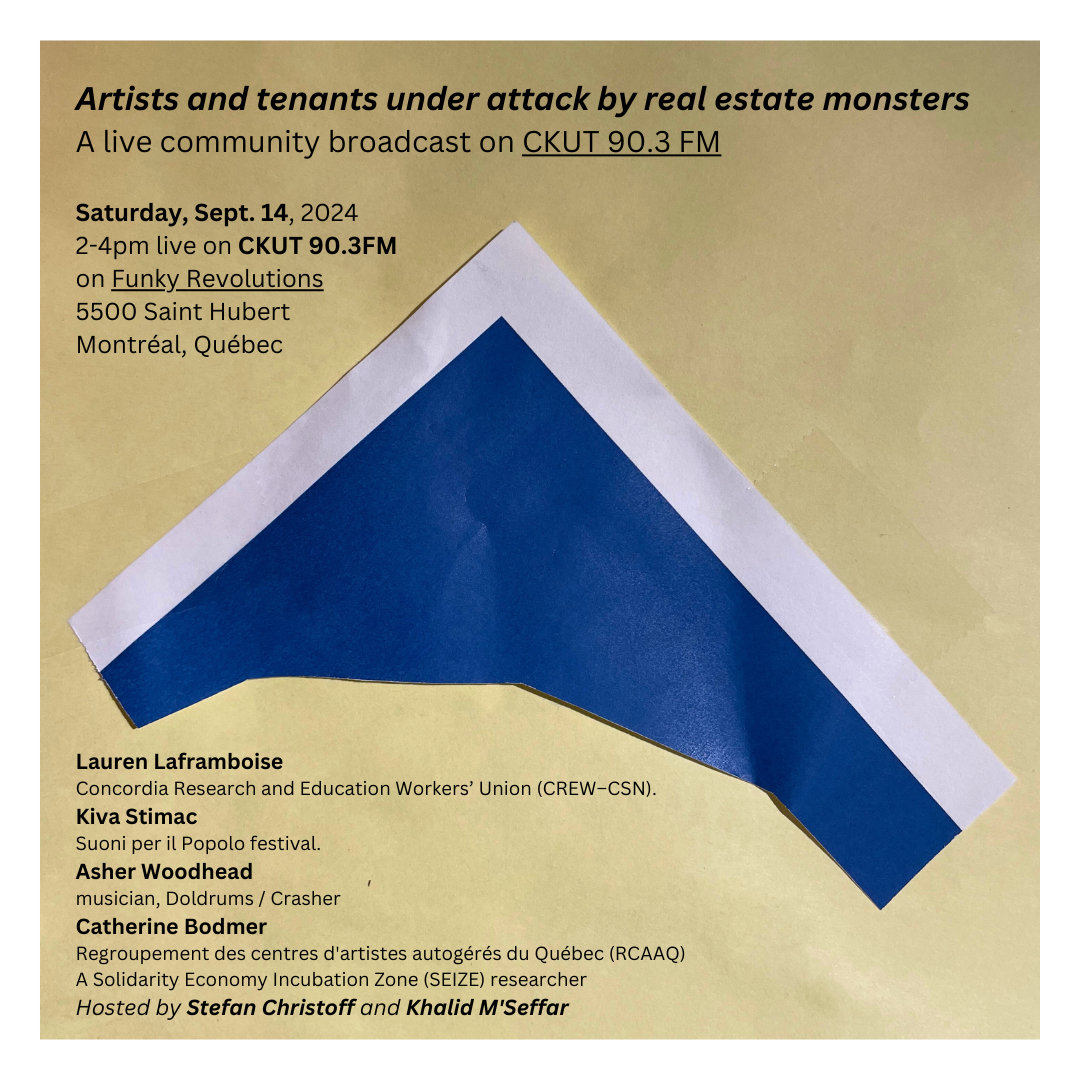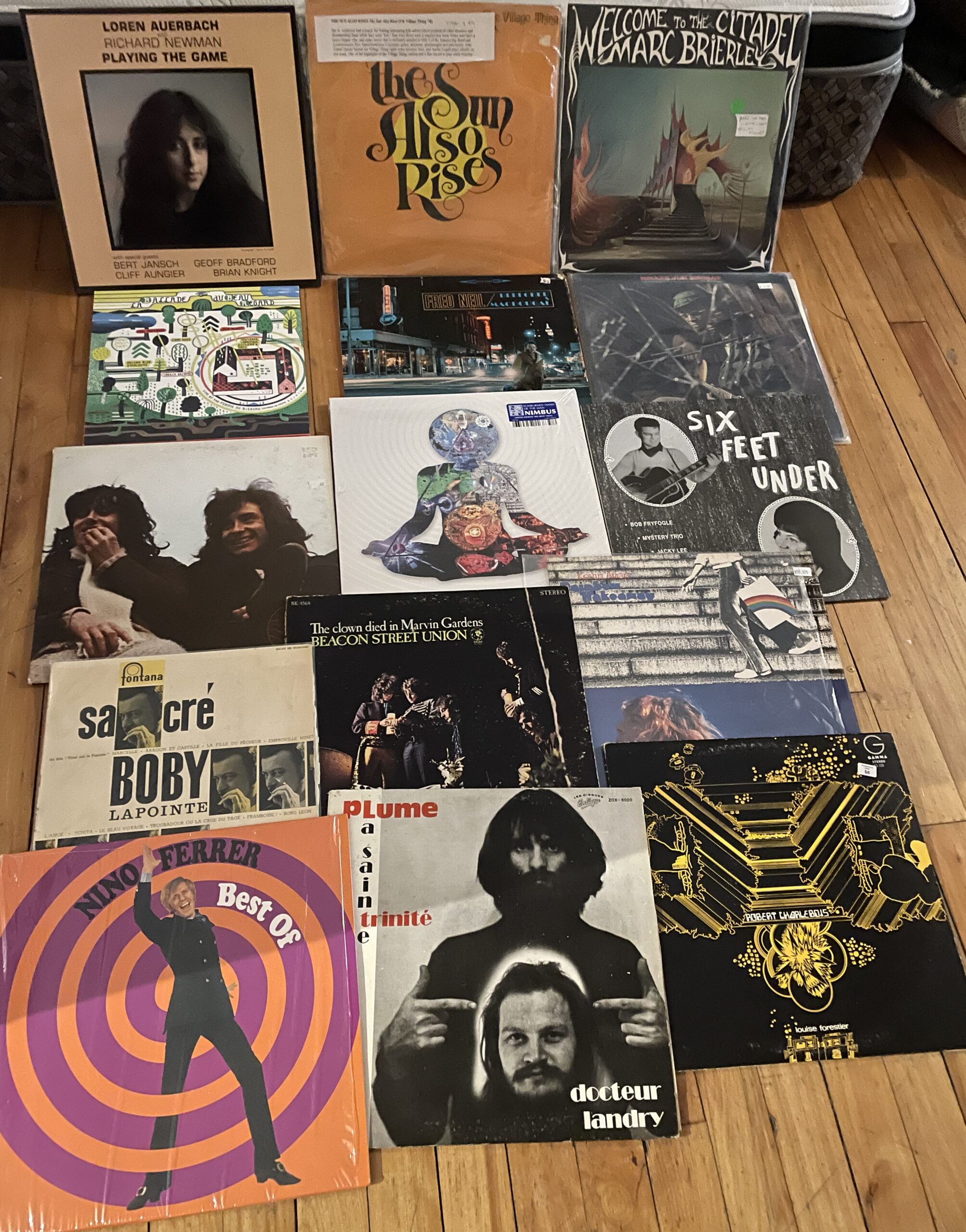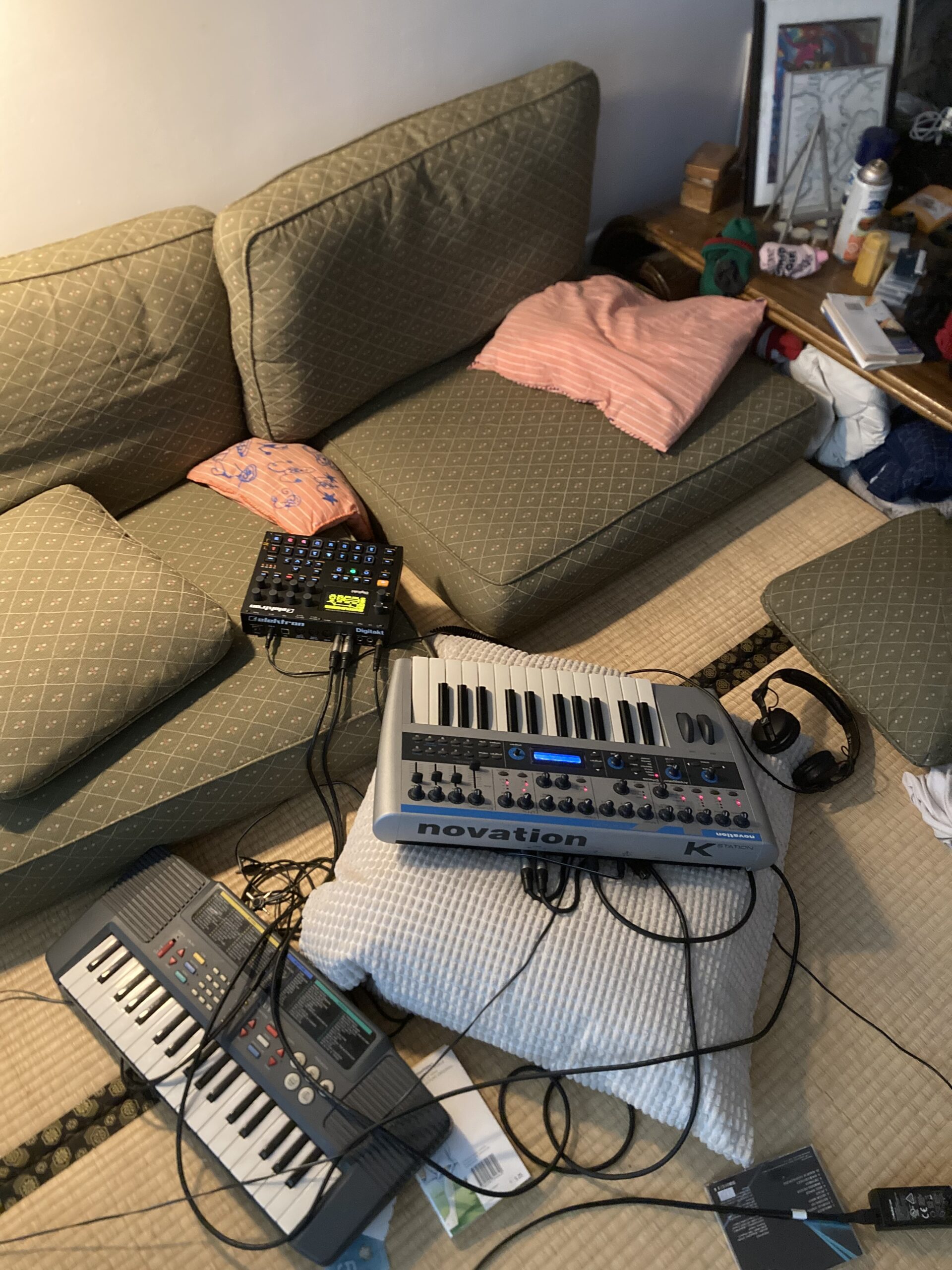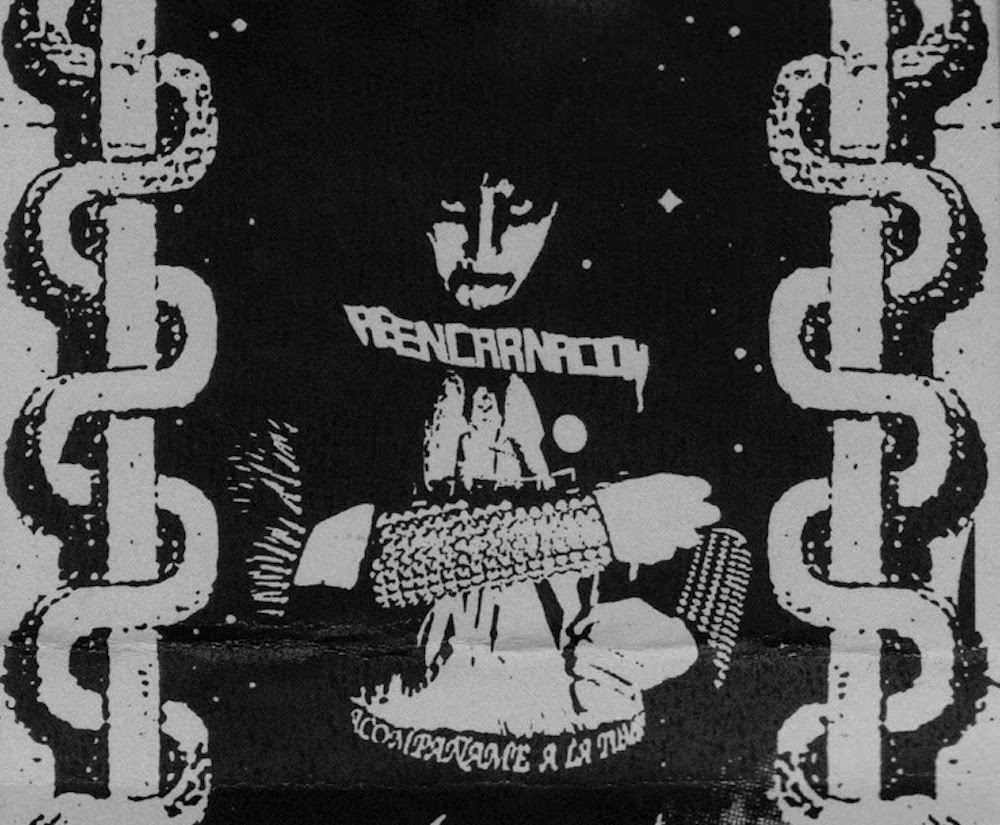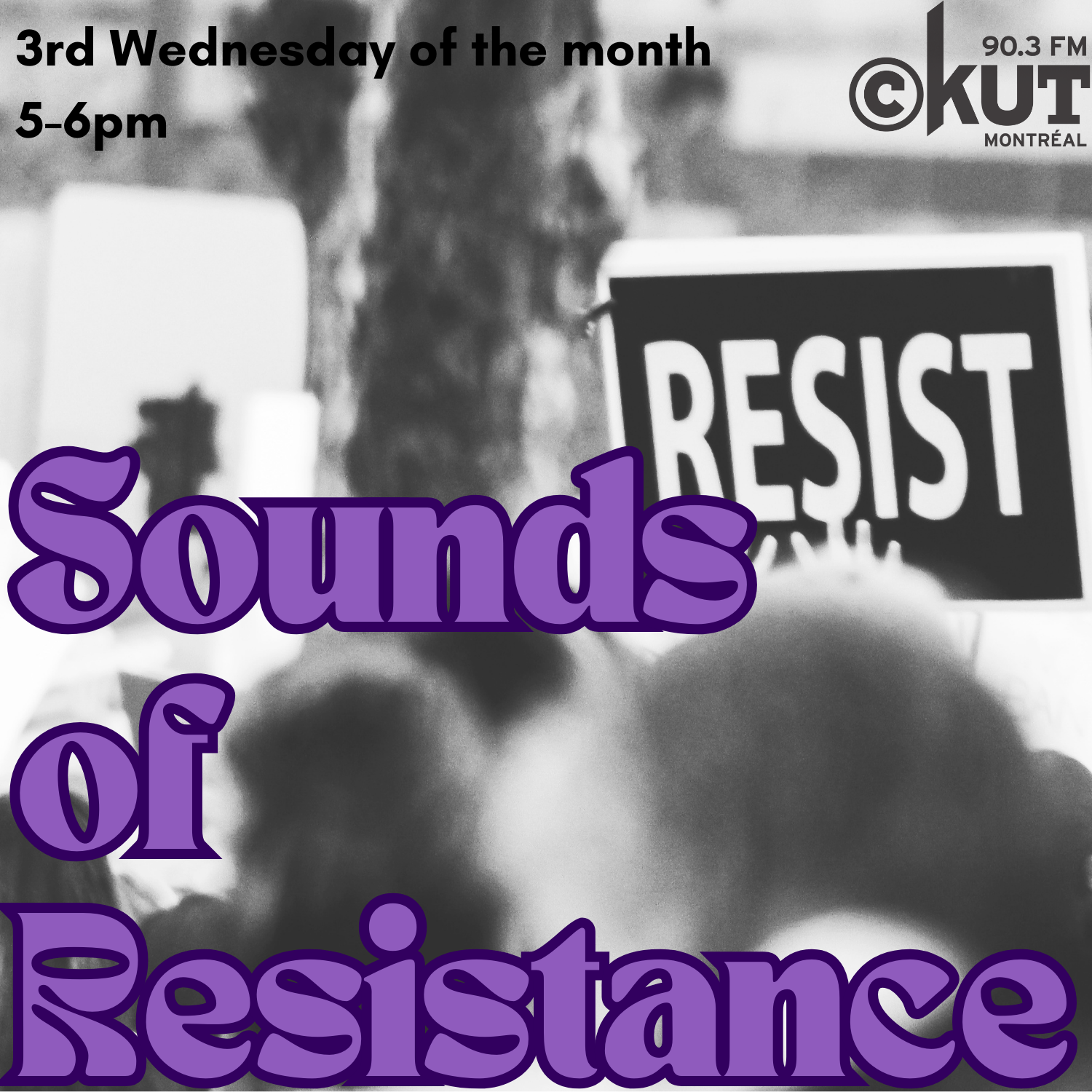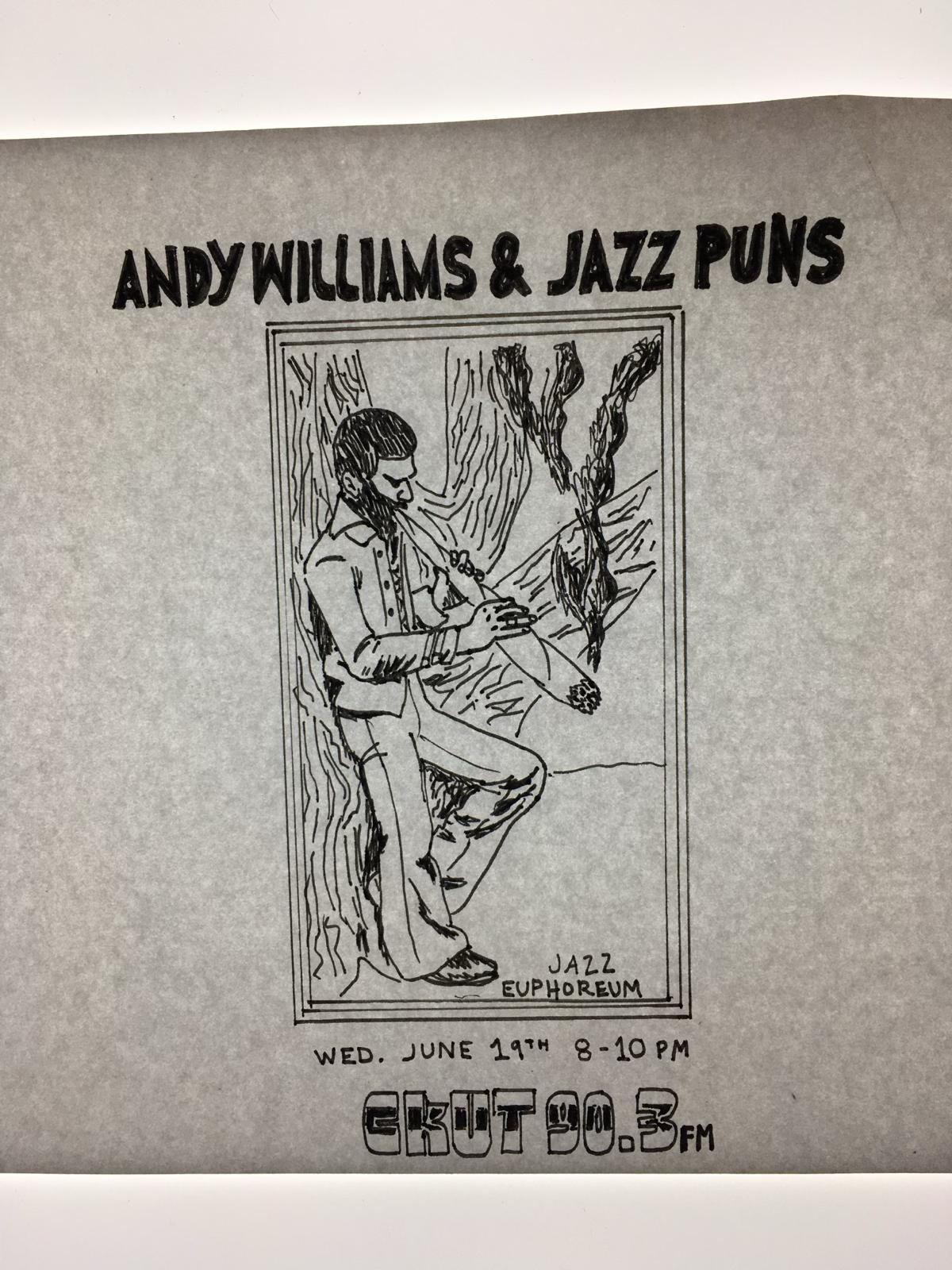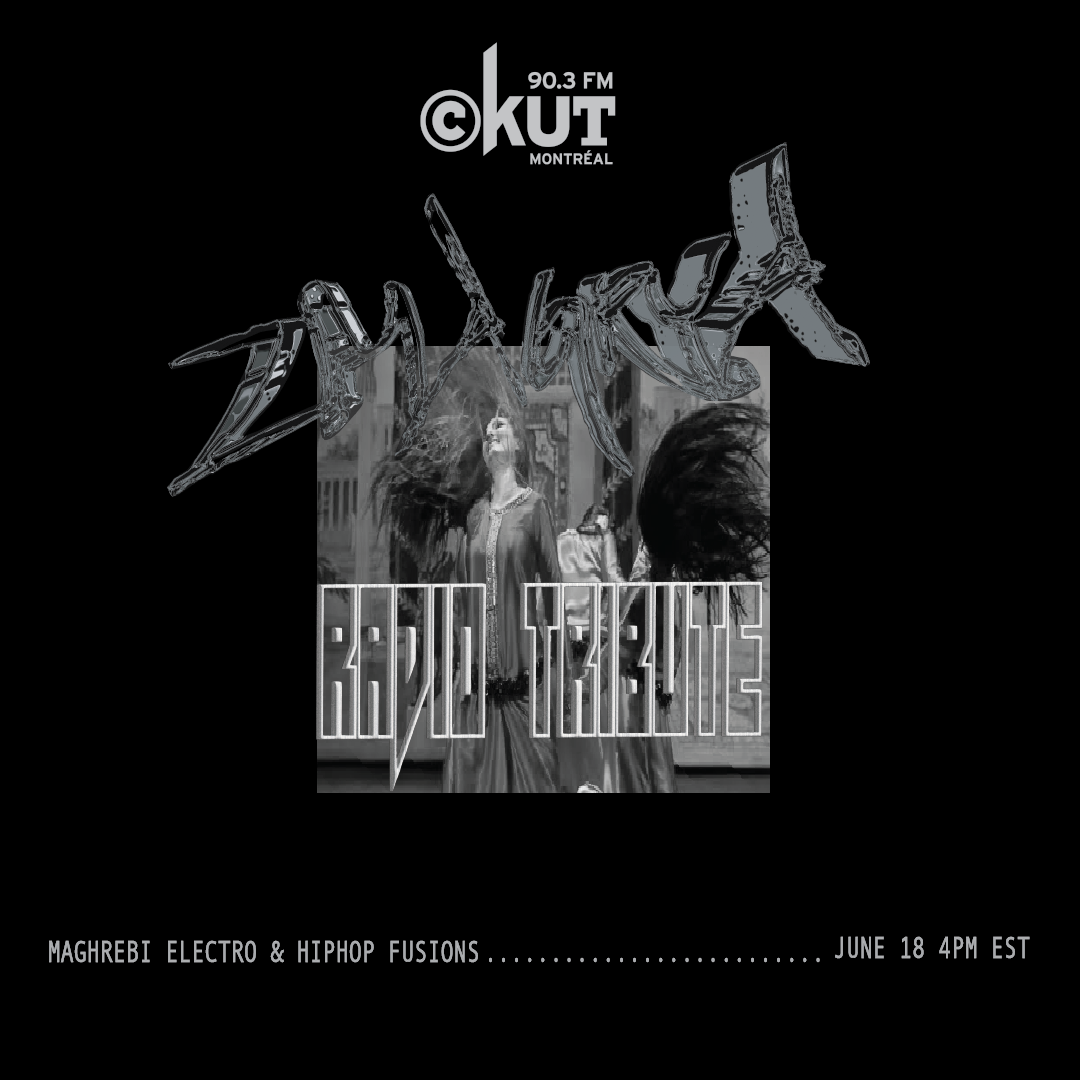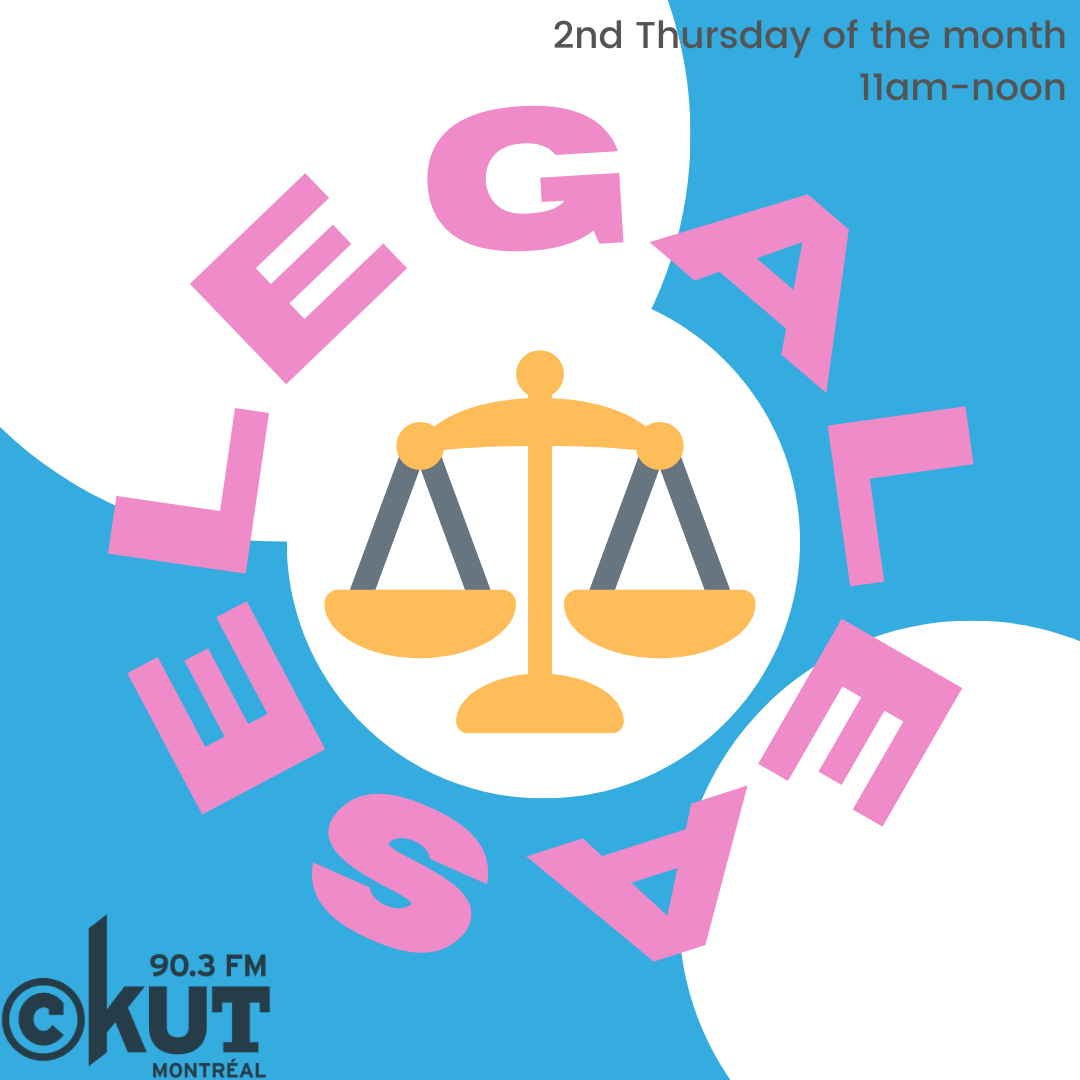Album Review: La Louma – Let the World Be Flooded Out
By Ella Chatfield-Stiehler
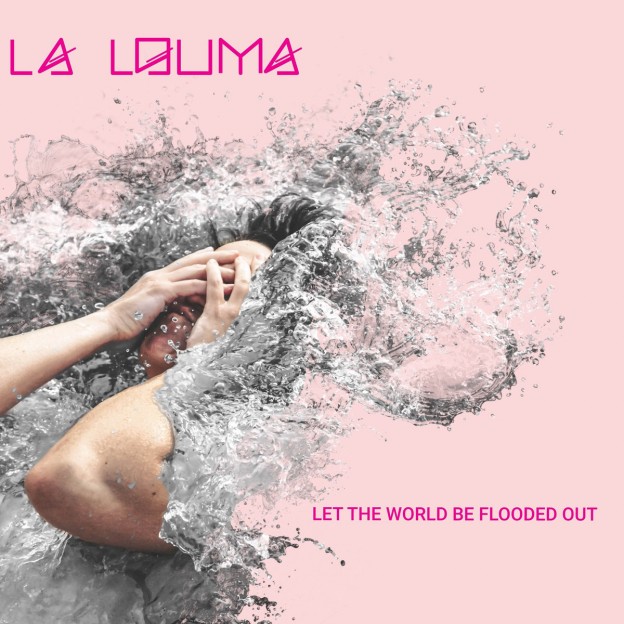
I ingest albums very slowly. I find one or two songs I like from an album and listen to them on repeat for a week or so. Other songs from the album will slowly make their way into my repertoire, and if the album is good, I’m eventually listening to it in order on repeat. This is what happened to me with La Louma’s debut album Let the World be Flooded Out.
The opening track (and first single from the album) “The Decline of Nations” immediately intrigued me with its polished punk swagger. Then, I listened to “Just Wanna Love You” (the second single released). “Just Wanna Love You” features middle eastern influences, and is unlike any song I’ve heard recently. La Louma’s lyrics tell a story about the deep emotional unrest of being in a relationship that is no longer working, and her voice moves from clear vocals in the chorus to gritty vocal styling in the verses, with desperate pleas asking what she did wrong. I was utterly enthralled.
Next up for my ears to obsess over was “If We Don’t Now We Never Will.” This song is slower than the last two songs, but the mournful lyrics and vocal styling enchanted many of my fall walks. While slower in tempo, the song still posses the layers of instruments present throughout the whole album. This song really highlights La Louma’s ability to knit instruments together. Her layers of melodies and counter melodies are united in one large blanket of sound. The songs sound full, but never chaotic.
Perhaps this unity has to do with the fact that La Louma performed, record, produced, and mixed every song in her garage. The album was recorded over the course of three years, and during these three years, Lauren Ross (the talent behind La Louma) recorded 200 songs. She then distilled them into the ten song Let the World be Flooded Out. Growing up, Ross was a classical woodwind player, but the album displays Ross’ ability to play piccolo, flute, bassoon, french horn, electric guitar, electric bass, v-drums, and tambourine. And sing. Really, really well. “Brother True,” “Candy” and “Aaj Mausam Bada Beimann Har” showcase her woodwind classical training, and the combination of classical training and the unique recording process really make this album stand out.
Bear with me for the following digression. Ready? Ok. My younger sister loves Harry Styles. She was in middle school during the peak of the One Direction era, and during this time, the whole area around her bed was covered in One Direction posters (much to my displeasure). Needless to say, she was so excited when Harry Styles released his self-titled debut album this year. When it came out, I was in the depths of my disillusionment with academia, and I channelled this into a new-found appreciation for pop music as an anti-elitist statement. For the first time, I actually listened as my sister obsessed about Harry Styles. I listened to his album, and I really wanted to like it, as some kind of statement, or to support this male pop star who defends his female fans from the sexist eye-rolls music snobs might give them. But… I couldn’t get into it. I appreciated the 60s and 70s rock sensibility displayed, but there was something missing. After some thought, I narrowed it down to Styles’ voice. His voice is “perfect,” polished to pop perfection. A polished voice may be the cause of his fame, but it’s also his artistic weakness. Listening to the album, I kept waiting for a true, unbridled release of emotion to come from Styles’ mouth. Instead, all I got was the voice of a pop star too afraid to make mistakes.
A crack in the voice, the scream of a singer who’s letting their emotions govern their voice when emotions become too powerful to be contained, it’s cathartic and powerful. In my opinion, it’s a signifier of a great work of music. When I was listening to Let the World Be Flooded Out I was reminded of this. Lauren Ross has a beautiful, clear voice that shines in her songs. It’s a voice that would fit into the pop charts, but unlike Harry Styles, Ross can let her emotionality shine through in her voice. She can scream or show grit. Her voice cracks and breaks with emotion when needed. When La Louma creates a work it feels powerful and personal.
While at first Lauren Ross’ punk sensibility may be obscured by her classical training, it is there, evidenced by her vocals, her recording process, and her politics. Let the World Be Flooded Out is the first album released by Bitchwave, the feminist/queer collective and label Ross co-runs in Los Angeles. Bitchwave allows Ross to live her politics outside of her songs. The album is personal, but many of the songs are also very political. “I am Here I Am” was inspired by a first-hand account that Ross read about several female refugees. Ross said that “the chorus is a repeating declaration that ‘I am here’, and while it’s meant to be their [the refugee’s] statement, it’s crucial for me to hear myself sing those words over and over, too.” “Decline of Nations” (inspired by the Syrian refugee crisis) also serves as a political anthem and implores the listener to “Promise me you’ll stay until you try to make things right.” Bitchwave is still in it’s early stages, but hopefully we’ll soon have more amazing music from them.
In Let the World Be Flooded Out, Ross masterfully mixes opposing forces to create a truly unique album. La Louma makes complex pop music sound effortless, and combines her classical training, her DIY punk ethos, and pop sensibilities to create an album confident in its clashes.


